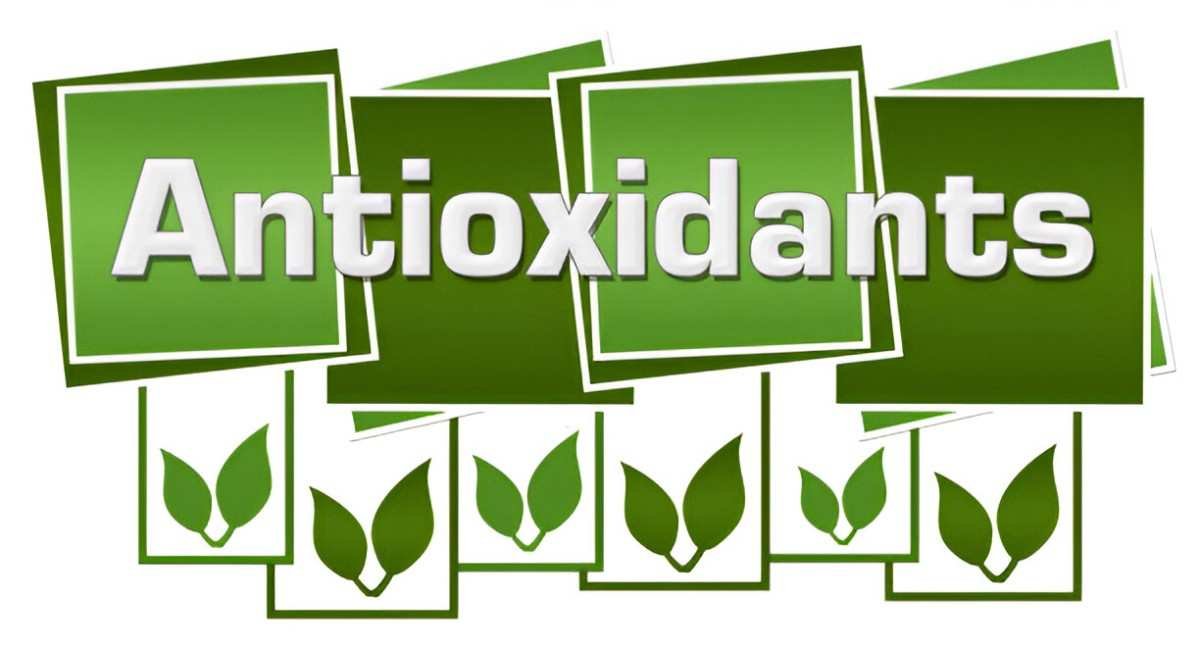Antioxidants are compounds that play a crucial role in protecting our bodies from oxidative stress and damage caused by free radicals. These powerful molecules are found in a variety of foods, primarily fruits and vegetables, and are essential for maintaining overall health and preventing chronic diseases. In this article, we will explore the nutritional values, key health benefits, potential disease-fighting properties, cautions, and methods of incorporating antioxidants into your diet.
Summary Table
| Nutritional Values | Key Health Benefits | Diseases | Cautions | Incorporation |
|---|---|---|---|---|
| – Vitamin C | – Neutralize Free Radicals | – Cardiovascular Disease | – Excessive Supplementation | – Fruits |
| – Vitamin E | – Reduce Inflammation | – Cancer | – Balance is Key | – Vegetables |
| – Beta-Carotene | – Boost Immune System | – Diabetes | – Nuts and Seeds | |
| – Selenium | – Promote Heart Health | – Neurodegenerative Diseases | – Beverages | |
| – Flavonoids | – Improve Skin Health | – Herbs and Spices | ||
| – Polyphenols | – Support Eye Health | – Whole Grains | ||
| – Cancer Prevention |
Nutritional Values:
Antioxidants are not a single nutrient but a group of vitamins, minerals, and other compounds. Key antioxidants include:
- Vitamin C: Found in citrus fruits, strawberries, bell peppers, and broccoli.
- Vitamin E: Present in nuts, seeds, spinach, and sunflower oil.
- Beta-Carotene: Found in carrots, sweet potatoes, and dark leafy greens.
- Selenium: Available in Brazil nuts, seafood, and meats.
- Flavonoids: Found in berries, tea, apples, and onions.
- Polyphenols: Present in fruits, vegetables, tea, coffee, and wine.
Key Health Benefits:
- Neutralize Free Radicals: Antioxidants help neutralize free radicals, unstable molecules that can damage cells, leading to oxidative stress and inflammation.
- Reduce Inflammation: By combating oxidative stress, antioxidants can reduce inflammation, which is linked to many chronic diseases.
- Boost Immune System: Antioxidants like vitamin C and E enhance the immune system, helping the body fight infections.
- Promote Heart Health: Antioxidants can help lower blood pressure, reduce cholesterol levels, and prevent the oxidation of LDL cholesterol, reducing the risk of heart disease.
- Improve Skin Health: Antioxidants protect the skin from damage caused by UV radiation and pollution, promoting healthy and youthful skin.
- Support Eye Health: Antioxidants such as beta-carotene, lutein, and zeaxanthin are essential for maintaining good vision and preventing age-related macular degeneration.
- Cancer Prevention: Some antioxidants can protect DNA from damage, potentially reducing the risk of cancer development.
Potential Disease-Fighting Properties:
While antioxidants themselves are not cures, their protective effects can help prevent and manage several health conditions, including:
- Cardiovascular Disease: Antioxidants reduce the risk of heart disease by protecting against oxidative damage and improving cholesterol levels.
- Cancer: Antioxidants can help prevent certain types of cancer by neutralizing free radicals and protecting cellular DNA.
- Diabetes: Antioxidants improve insulin sensitivity and reduce inflammation, which can help manage and prevent diabetes.
- Neurodegenerative Diseases: Antioxidants protect brain cells from oxidative stress, potentially reducing the risk of diseases like Alzheimer’s and Parkinson’s.
Cautions:
While antioxidants are beneficial, it is important to consume them in balanced amounts:
- Excessive Supplementation: High doses of antioxidant supplements can be harmful and may interfere with the body’s natural defense mechanisms. For example, excessive vitamin E supplementation has been linked to an increased risk of stroke.
- Balance is Key: Rely on a diverse diet rich in fruits, vegetables, nuts, and whole grains rather than high-dose supplements.
Incorporating Antioxidants Into Your Diet:
To maximize the benefits of antioxidants, include a variety of antioxidant-rich foods in your diet:
- Fruits: Berries, citrus fruits, grapes, and apples.
- Vegetables: Leafy greens, bell peppers, carrots, and broccoli.
- Nuts and Seeds: Almonds, sunflower seeds, and walnuts.
- Beverages: Green tea, black tea, coffee, and red wine (in moderation).
- Herbs and Spices: Turmeric, ginger, and cinnamon.
- Whole Grains: Oats, quinoa, and brown rice.
Antioxidants are essential compounds that provide numerous health benefits by protecting the body from oxidative stress and reducing inflammation. By incorporating a variety of antioxidant-rich foods into your diet, you can enhance your overall health and help prevent chronic diseases. Remember, balance and variety are key to reaping the full benefits of antioxidants.





